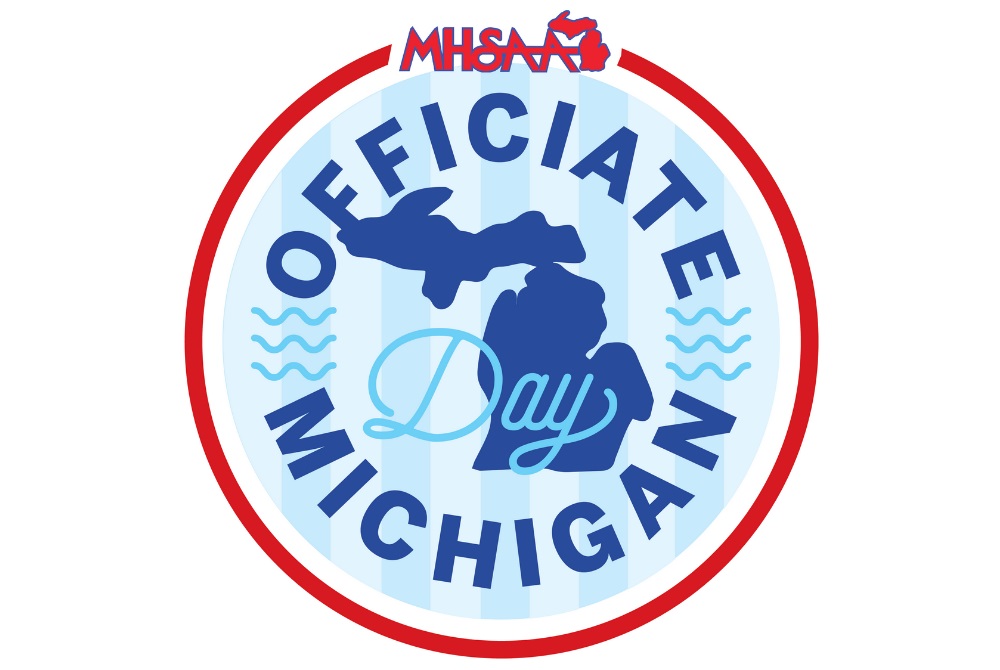
Officiate Michigan Day Goes Virtual for 2021
By
Geoff Kimmerly
MHSAA.com senior editor
August 3, 2021
The first two Officiate Michigan Day events in 2013 and 2018 gave hundreds of Michigan game officials opportunities to come together for education and camaraderie, something tough to replicate for an Officiate Michigan Day III to be hosted virtually this summer due to the COVID-19 pandemic.
But a series of 26 views posted to the MHSAA's YouTube feed this week instead already have been watched nearly 1,400 times, with the ability to reach hundreds more dedicated to honing their craft.
As in years past, these OMD videos offer speakers and panel discussions and address general officiating topics and also sport-specific subjects. Below is the first of those 26 videos, addressing associations and helping officials reach their goals. Or, click for the playlist in its entirety: Officiate Michigan Day.

Beyond Fairness
April 11, 2017
One of the lessons I learned decades ago when I was employed at the National Federation of State High School Associations (NFHS) is that sometimes the playing rules are not fair.
The NFHS is the publisher of playing rules for most high school sports, and its rule books govern competition for most of the contests for most of the high schools in the U.S.
But the NFHS doesn’t publish the most fair rules. On purpose.
The rules for the high school level attempt to do much more than promote competitive equity, or a balance between offense and defense; they also attempt – without compromising participant health and safety – to simplify the administration of the game.
Unlike Major League Baseball, where umpires officiate full-time, and professional basketball, football and ice hockey where they officiate nearly full-time, the officials at the high school level are part-timers. They have other jobs. This is their avocation, not their vocation.
So the NFHS develops and publishes rules that minimize exceptions to the rules. In football, for example, there are fewer variables for determining the spot where penalties are enforced.
At the high school level, the rule makers intend that the rules be – for players, coaches and officials alike – quicker to learn, simpler to remember, and easier to apply during the heat of contests.

